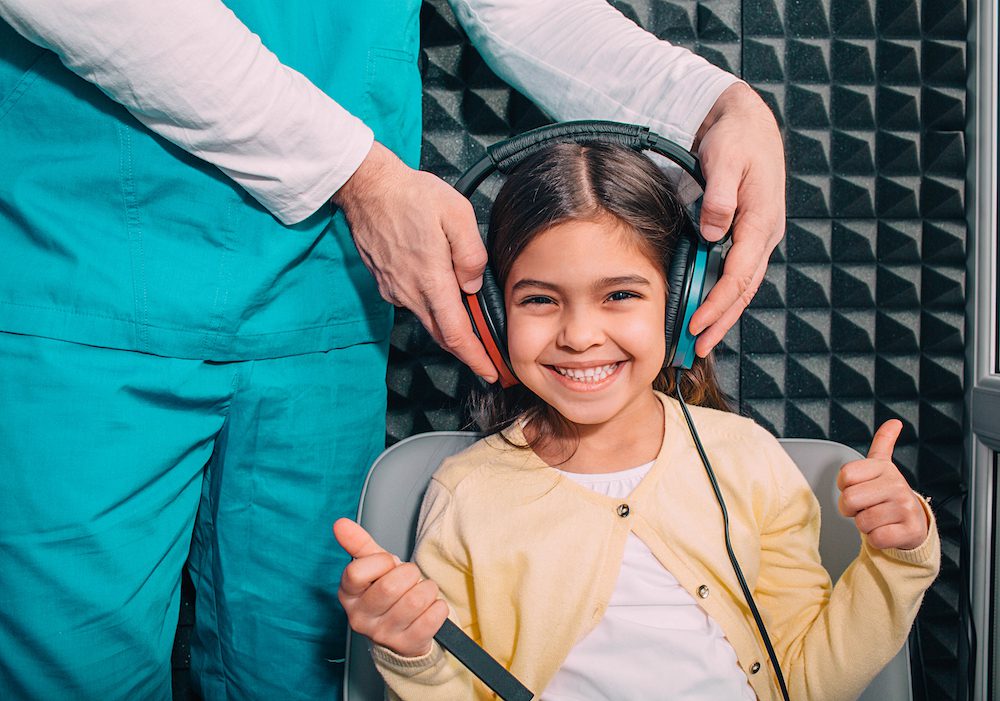Preparing for a Hearing Test: Do’s and Don’ts
Hearing loss might seem like a big challenge to tackle if you don’t know


Hearing loss might seem like a big challenge to tackle if you don’t know

Are you asking people to constantly repeat themselves? This is a sign of

Hearing specialists play a pivotal role in enhancing one’s quality